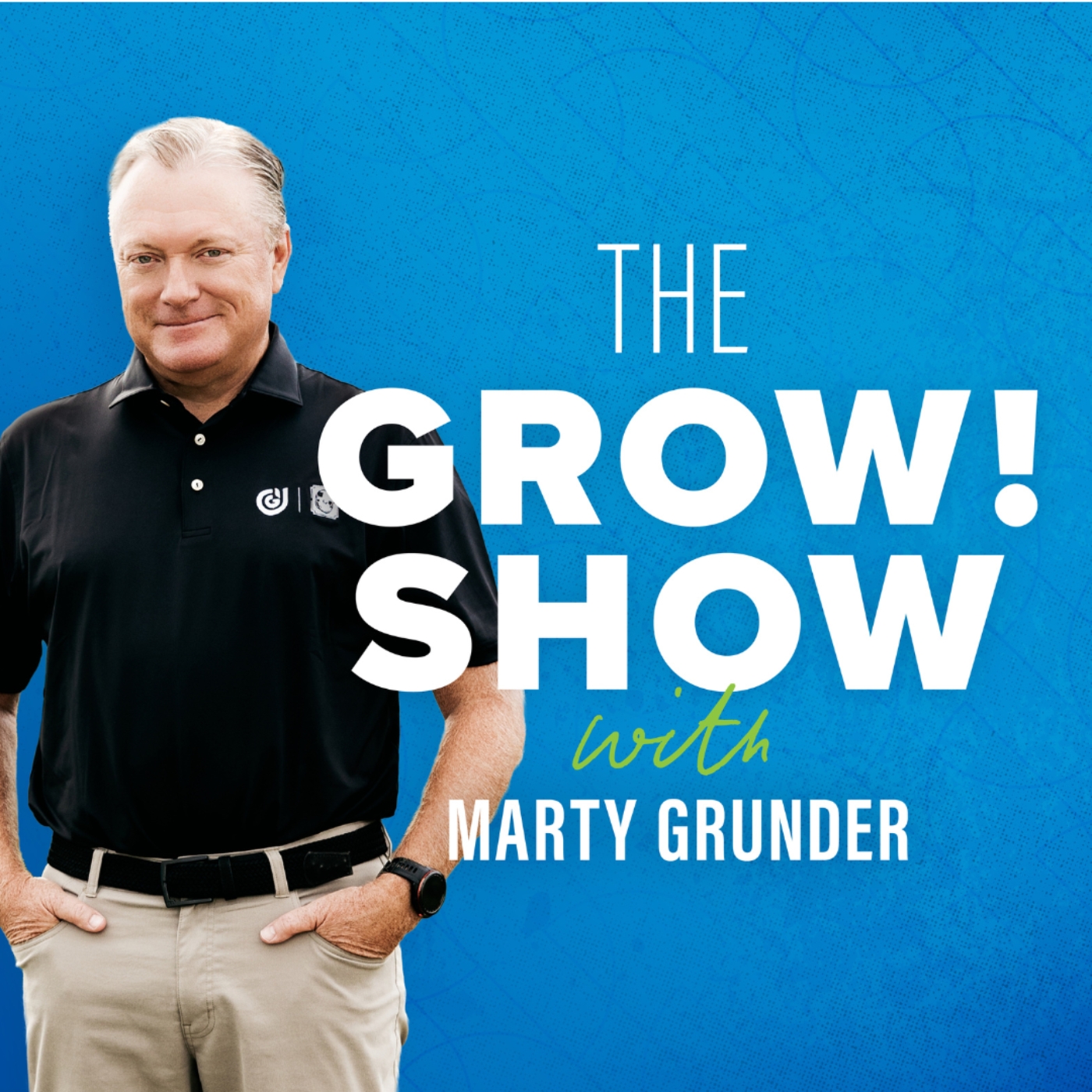When you work on properties and landscape installations as large as the ones in McHale Landscape Design's portfolio, managing materials becomes either a weakness or an opportunity to excel. In this episode, Emily Lindley details what she sees the McHale team doing to find the plants and materials they need and get them where they need to go.
⭐️⭐️⭐️⭐️⭐️ Leave a Review for the Grow Show!
️⭐️⭐️⭐️⭐️⭐️ Subscribe to Our Youtube Channel!
00:00 - Start
00:35 - Preview of the NALP Field Trip
01:44 - Material handling Insights
02:44 - Centralized Plant Farm Strategy
05:18 - Operations Team as Logistics Managers
07:34 - Direct Delivery of Non-Green Goods
10:04 - Conclusion & Event Details
Show Notes:
- Centralized Plant Farm Strategy – McHale operates a large-scale plant yard where they buy plants, care for them until mature, then install larger specimens than competitors. Creates "instant maturity" for clients who want immediate privacy and full landscapes.
- Be Your Own Supply Chain – By controlling plant material from purchase to installation, they can offer mature specimens that look established immediately. Differentiates them in the high-end residential market where clients want instant results.
- Operations as Logistics Managers – Their operations team functions more like logistics coordinators than traditional supervisors. Sales team manages installs and supervises work while operations handles material flow, delivery timing, and supply chain coordination.
- Direct-to-Site Delivery for Large Projects – Non-green goods (hardscape materials, etc.) delivered directly to job sites for large installations. Eliminates double-handling and transportation costs for major projects.
- Plant Material Direct Delivery – For projects with large quantities of trees/shrubs, direct delivery to job sites makes more sense than routing through a facility. Requires planning for on-site plant care in project bids.
- Design Operations Around Ideal Client – McHale's entire supply chain and operations are designed around what high-end residential clients want: mature plants, seamless experience, instant results. Every system serves this client preference.
- Sales Team as Single Point of Contact – Maintains relationship continuity by keeping salesperson as primary client contact throughout the project, even when operations handles logistics behind scenes.
- Account for On-Site Plant Care in Bids – When plants are delivered directly to job sites, must include labor hours for watering and maintenance in project pricing. Easy to forget when used to centralized plant care.
- Multiple Branch Strategy with Central Plant Holding – Operate dispatch locations throughout the metro area but centralize plant material at the main farm. Allows geographic coverage while maintaining plant quality control.
- Learn from Different Business Models – Even if you operate differently, studying other successful approaches provides insights for improving your own systems and solving growth challenges.
Resources:
Virtual Sales Bootcamp
Grunder Landscaping Field Trips
The Grow Group
Grunder Landscaping
Marty Grunder LinkedIn
Stihl


